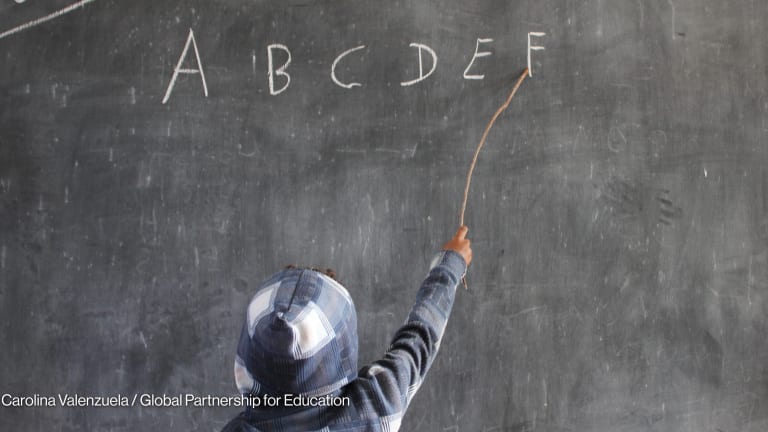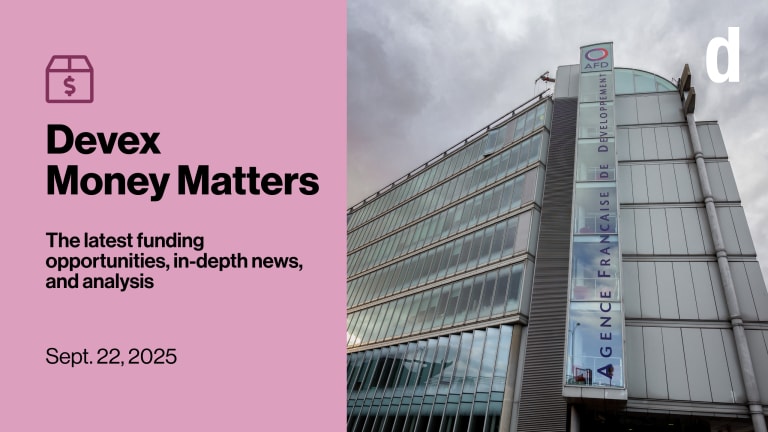As global aid budgets shrink, the outlook for education in the world’s most vulnerable regions grows increasingly bleak. In low‑ and middle‑income countries, 6 in 10 children can’t read a simple text by age 10, and a staggering 251 million remain out of school — numbers that are unlikely to change without fresh financing models.
But a glimmer of hope for education funding has emerged from Switzerland, where a small team has been working hard to operationalize the long-awaited International Finance Facility for Education, or IFFEd. After nearly a decade of planning, the innovative financing tool is now up and running, with new projects, partners, and donors on board.
IFFEd’s founding CEO, Karthik Krishnan, said the facility is designed to unlock large-scale, affordable financing for countries most in need — targeting the widening gap between current education aid, which sits at just $16.6 billion, and the estimated $97 billion required annually to meet Sustainable Development Goal 4 of inclusive and equitable quality education 4.








